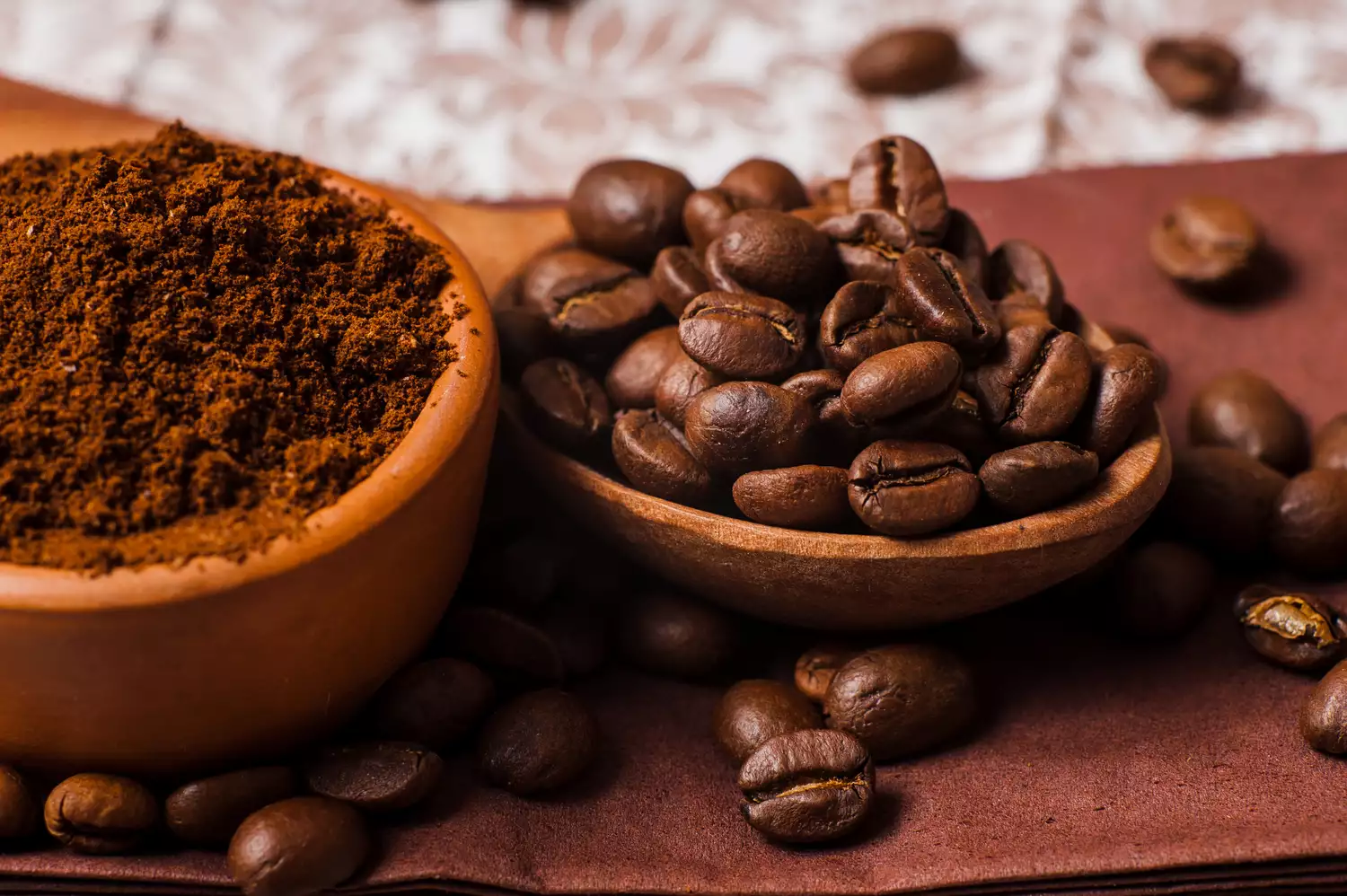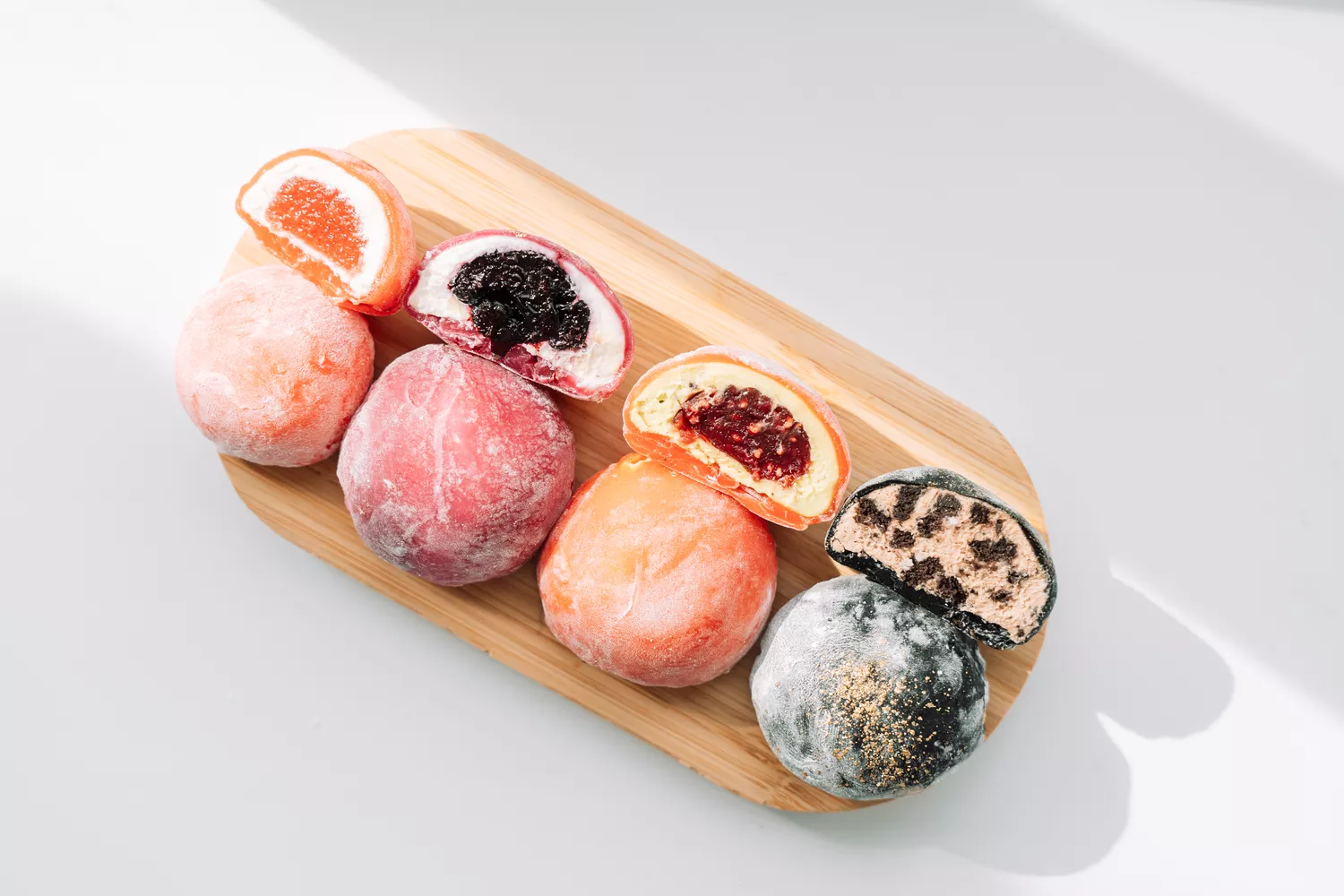Coffee beans might be one of those items you simply throw in your pantry, but just how you store your coffee issues.
” Proper storage space plays a huge function in preserving your coffee’s flavor,” claims Samuel Klein, Environment-friendly Coffee Purchaser at Allies Coffee. “Coffee is delicate to air, warm, wetness, light, and solid smells– all of which can break down its quality in time. By maintaining those components at bay, you help make sure the coffee stays lively and delightful for longer. It does not take much effort, however a little bit of thoughtfulness in where and just how you store it can make a recognizable difference in your daily mug.”
Like any kind of agricultural item, coffee beans, though roasted, still expire and can also go rancid. To make one of the most out of your coffee beans, right here’s exactly how to save them properly.
The Most Effective Place to Store Coffee
” The perfect area for coffee beans is someplace trendy, dark, and completely dry, like a cupboard that’s away from warmth sources and strong-smelling foods,” states Klein. “A sealed bag with a one-way valve, similar to the one it can be found in from the roaster, often works excellent. A committed container or perhaps a tidy mason container can likewise work.” Prevent maintaining your coffee beans in a bright, warm, or humid area, like over the oven, near a window, or on a counter in direct sunlight.

Ground coffee has comparable storage space guidelines, however is vulnerable to expire quicker. “Ground coffee has a much shorter quality window than entire beans, due to the fact that it has more surface area subjected to air,” says Klein. “Once ground, those savory aromatic compounds start to dissipate quick. If you’re working with pre-ground coffee, keep it sealed securely and store it in a great, dark area– ideally in a tiny impermeable container. However if possible, grinding fresh prior to each mixture is always the much better action flavor-wise.”
Should Coffee Be Kept in the Fridge or Freezer?
Many people devote space in the refrigerator or fridge freezer for coffee purchased in bulk, yet that’s not necessarily the very best location for it. “Generally talking, your pantry is a much better home for coffee than the refrigerator or fridge freezer,” claims Klein. “Cold storage can cause condensation, particularly when the coffee relocates between temperature levels, which can lead to stale-tasting brews.”
An additional disadvantage to the fridge and fridge freezer? Aromas. “Refrigerators and fridges freezer likewise have a tendency to be packed with various other scents, which coffee can quickly soak up,” Klein adds. “That said, freezing coffee can work if you’re critical. Part it into single-use impermeable containers or vacuum-sealed bags, stash them in the back of the freezer where the temperature stays constant, and only secure what you’ll make use of instantly.”
Does your fridge appear a little stinky without the coffee? Your grounds were likely seeping up the scents. Repurpose your used coffee grounds by placing them in a dish and setting them in the rear of the refrigerator to function as a natural deodorizer. Change the grounds usually for the best outcomes.
Does Coffee Expire?
Improperly stored coffee won’t necessarily get musty and rotten, but it can go bad.
” Coffee does not necessarily go bad in the traditional feeling, yet it does lose flavor. Gradually, particularly as soon as exposed to air, it can begin to taste flat, low-key, or perhaps a little bit like cardboard,” notes Klein. “Dark roasts with surface area oils are specifically susceptible to going rancid. If your coffee smells plain or tastes off– more woody than dynamic– it’s possibly past its prime. Ground coffee tends to discolor faster than whole beans, so if you’re noticing a lack of aroma or flavor, that’s your hint it’s time to replenish.”



